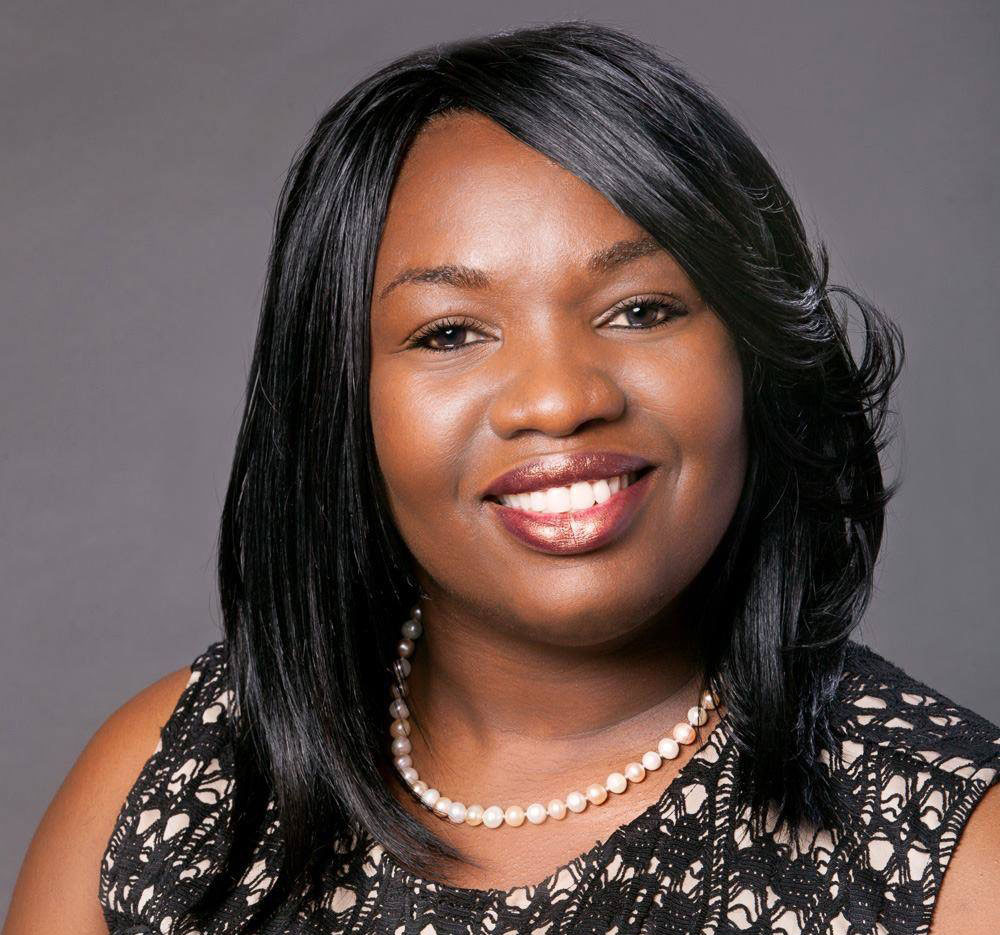

The quality of organizational culture is the most crucial factor in shaping and driving achievement and in improving overall morale. Accurately assessing culture and gauging the degree that which organizations provide equitable environments are important first steps to address this issue.
Organizations are tasked with providing a holistic and equitable experience. However, most are unaware of the implications of unconscious bias on organizational success. This workshop utilizes activities and discussion to explore the effects of implicit bias, and outline the intercultural skills needed to prevent discrimination in organizational environments.
Organizations create equitable environments when there is a plan in place. This creates an intentional equality space that is led by the structure of the plan. This allows organizations to access the work being done by everyone and ensures diversity, equality, and inclusion throughout the organization with measurable goals.
Training your organization on diversity can enhance communication between them, and create expectations for inclusive behavior from everyone in your organization.
It has been said that “failure to plan is planning to fail.” Many improvement plans are vague. Goals are often unclear and measures of effectiveness are lacking. Using the SMART Goals concept our team can lead organizations in a systematic process to ensure that plans are developed so that implementation and impact process for strategies is readily assessable.
We will provide value-based research that is needed for ideas surrounding diversity, equity, and inclusion.
